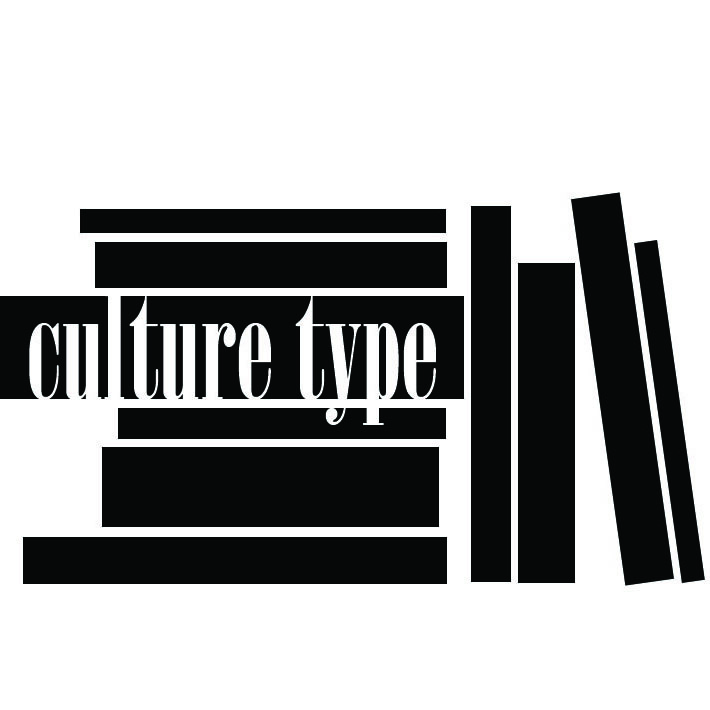CRYSTAL BRIDGES MUSEUM of American Art is adding to its collection. The Bentonville, Ark., institution announced the acquisition of a 1964 painting by Alice Neel (1900-1984) that portrays actor and civil rights activist Hugh Hurd (1925-1995), who lived in Spanish Harlem.
The museum told Culture Type the painting was acquired from David Zwirner Gallery last year and called it “an invaluable addition” to its collection.
Regarded as one of the most important American portrait painters of the 20th century, Neel’s subjects were people she knew from her everyday life—family, friends, neighbors, activists and creatives. Born and educated in Philadelphia, she moved to New York in the 1930s and lived in Spanish Harlem and the Upper West side. A mother and wife, she had a challenging life, enduring the death of a child and tumultuous romantic relationships after her marriage failed. Despite her personal struggles, she continued to paint in her living room throughout her entire career. Beginning in the 1960s, Neel was recognized widely with U.S. exhibitions.
Her portraits are defined by precise outlines, expressive brushstrokes, and her use of color to bring out the personalities of her subjects, particularly through their clothing. She painted nudes too, sagging skin and all. She had little interest in flattery, but rather sought to capture the complexity of her sitter’s character with unabashed honesty, evoking a bit of their soul.
Alice Neel had little interest in flattery, but rather sought to capture the complexity of her sitter’s character with unabashed honesty and evoke a bit of their soul.
HURD, A FILM AND STAGE ACTOR, who combined his art with activism, was among her subject. Joining forces with actor/comedian Godfrey Cambridge and Maya Angelou, he organized one of the first New York fundraisers for Martin Luther King Jr. The benefit was held in the late 1950s at Village Gate. With Cambridge, Hurd also co-founded the Committee for the Employment of Negro Performers in 1962. Their leadership, foregrounding the issue of racial discrimination in the entertainment industry, prompted Harlem Rep. Adam Clayton Powell Jr. (D-N.Y.) to hold Congressional hearings on the subject.
On screen, Hurd played the male lead in “Shadows,” the 1960 improvisational film directed by John Cassavetes that was shot without a screenplay. He had a supporting role in “For Love of Ivy” (1968), the Sidney Poitier film that also featured Abbey Lincoln, Beau Bridges, and Carroll O’Connor. Also in 1968, when Arena Stage theater in Washington, D.C., sought to integrate its performances nearly two decades after its founding, Hurd took on the role of Mack the Knife in its production of “The Threepenny Opera.” His last acting credit was in a 1994 French documentary by Cassavetes. Hurd died in 1995 at age 70.
NEEL’S PORTRAITS depicting people of color are getting renewed attention. Next month, David Zwirner Gallery in New York is presenting “Alice Neel: Uptown” (Feb. 23-April 22), an exhibition curated by New Yorker critic Hilton Als. He has selected paintings that portray African Americans, Latinos, and Asians, and other people of color—locals and fellow artists and progressives among whom the artist lived. The gallery says Als “shares with Neel a devotion to the diversity of New York City” and for him, the exhibition “is an attempt to honor not only what Neel saw, but also the generosity behind her seeing.”
In May, the show will travel to Victoria Miro Gallery in London. Both David Zwirner and Victoria Miro represent Neel’s estate and are co-publishing a catalog by Als that will accompany the exhibition.
At Crystal Bridges, the portrait of Hurd will be on view in the permanent collection galleries. The acquisition is being installed tomorrow and will be unveiled Feb. 1. CT
TOP IMAGE: ALICE NEEL, “Hugh Hurd,” 1964 (oil on canvas). | Crystal Bridges Museum of American Art
BOOKSHELF
“Alice Neel: Painter of Modern Life” was recently published. “Alice Neel” a comprehensive consideration of the artist’s life and work accompanied a traveling retrospective organized by the Philadelphia Museum of Art. The exhibition was celebration of the centennial of Neel’s birth and was the first major exhibition of her work since 1974. “Alice Neel: Uptown” is forthcoming in the spring.























